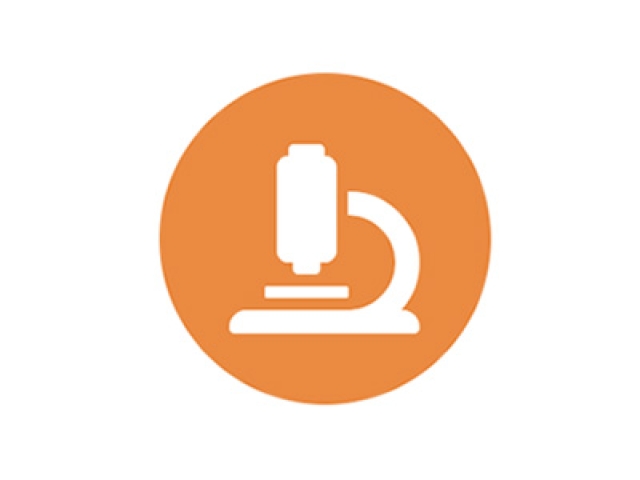Our current research portfolio*
138
grants in our research portfolio with a total value of £26.9m
Around 320
researchers are supported by our research grants
£8.8 million
was awarded to new research grants in 2024
The MND Association has over 45 years of experience identifying and funding the most promising MND research. We are a leader in the funding and promotion of cutting-edge MND research, both within the UK and across the world. All of the research projects that we fund have clear clinical relevance and/or therapeutic potential.
* This information is correct as of 31 May 2025. Our research portfolio is the lifetime value of all our current and committed grants.
What projects do we fund?
Our research projects are categorised into the four themes shown below. Click on each of the four themes to find out more about the projects we are funding in each area.
How do we decide what research we fund?
Decisions to award research grants are made following rigorous peer review and guidance from the MND Association’s Biomedical Research Advisory Panel (for biomedical and clinical research) and Healthcare Research Advisory Panel (for healthcare research). Peer review is essential in research and is used to ensure that all of the projects we fund are of the highest calibre and can realistically achieve the aims of the project.
What type of research do we fund?
- Project grant - Grant for up to 3 years. Allows an in-depth investigation of an area of biomedical or healthcare research.
- PhD Studentship (Biomedical and Healthcare) - Grant for up to 4 years. A cost-effective method that allows high calibre graduates to undertake PhD training in MND-related projects.
- Small grant - Grant of variable amounts for up to 4 years to facilitate the rapid follow-up of important new findings; small pump-priming grants are considered on an ‘ad-hoc’ basis.
The Lady Edith Wolfson Fellowship Programme
Our Lady Edith Wolfson Fellowship programme aims to attract and develop outstanding young clinicians wishing to pursue research into the pathogenesis and treatment of MND.
- Clinical Research Fellowship - Grant for up to 5 years. Jointly funded by the MND Association and Medical Research Council (MRC), these grants support clinicians wishing to pursue scientific research and aim to strengthen the links between laboratory and clinic.
- Non-Clinical Fellowship- Grant for up to 4 years. Aim to retain and develop early and mid-career MND researchers conducting biomedical or clinical research.



